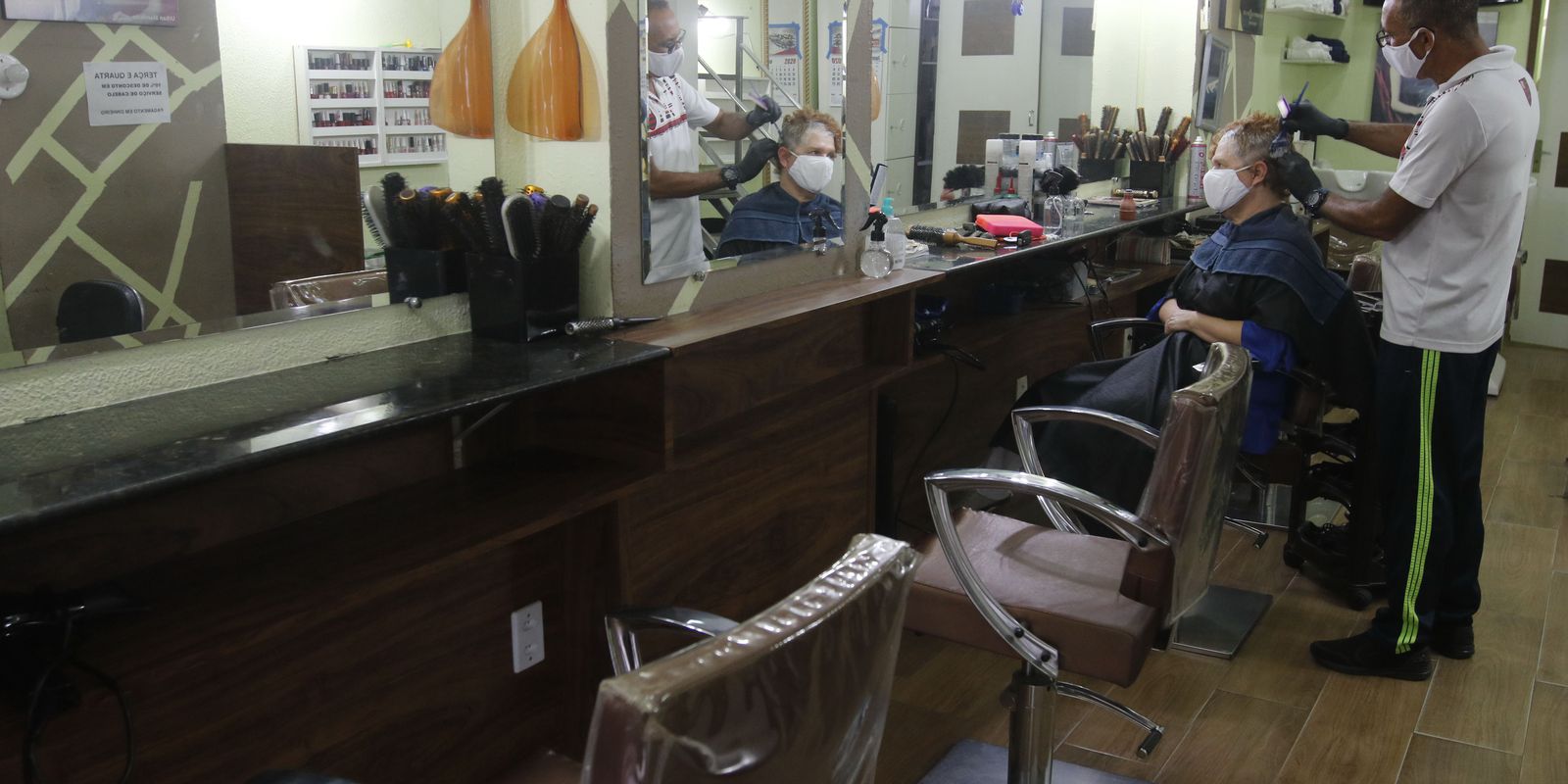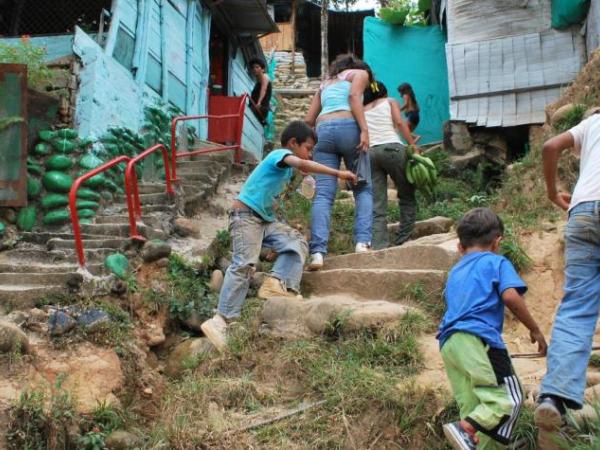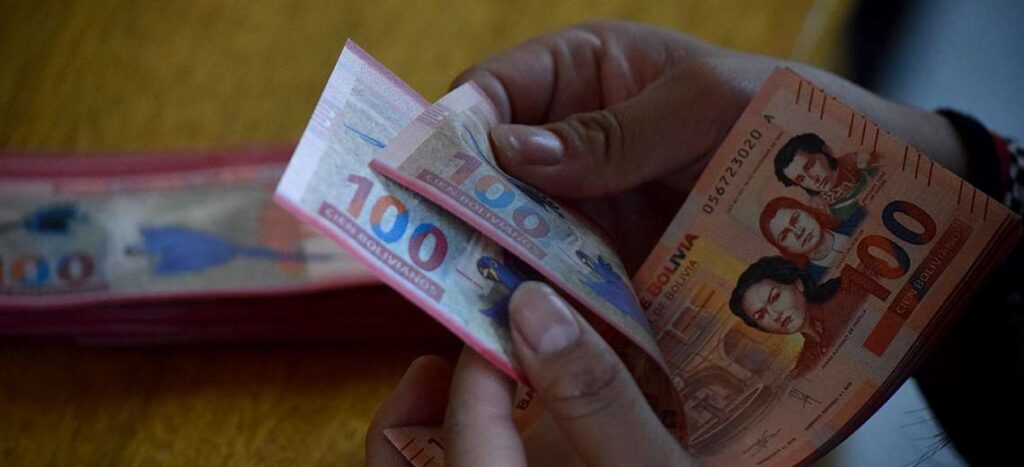The Services Confidence Index (ICS) calculated by the Brazilian Institute of Economics of Fundação Getulio Vargas (FGV/Ibre) grew 4 points in April, reaching 96.2 points. This is the highest level since November 2021, when it reached 96.8 points. In quarterly moving averages, the rise in the index reached 1.7 points, being the first in the year.
The increase in the indicator was spread across 12 of the 13 segments surveyed. According to Ibre, the April result was influenced by the improvement in companies’ assessment of the current situation and prospects for the coming months.
The Current Situation Index (ISA-S) rose 5.1 points, reaching 96 points, which is the highest level since April 2014. There, it had reached 96.3 points. The Expectations Index (EI-S) also advanced. The high was 2.9 points, reaching 96.6 points. It is the highest level since December last year, when it reached 98.7 points.
For the economist at FGV/Ibre, Rodolpho Tobler, the increase for the second consecutive month in service confidence suggests a return to the pattern of recovery that took place throughout 2021. According to Tobler, the result was disseminated among the main segments and more influenced by the segment of services provided to families, which, in the economist’s assessment, show a positive response after the Ômicron outbreak that occurred in early 2022.
“The improvement was also diffuse between indicators about the present and expectations. For the coming months, it is still possible to imagine continuity of recovery. The service sector suffered the most during the pandemic. However, more expressive increases still depend on an improvement in the macroeconomic scenario”, he observed.
families
One of the main highlights of the positive result for the month, disseminated among the main segments of the sector, was once again that of services provided to families. Last year, influenced by the high rates of vaccination in the country and relaxation of restrictions imposed by the fight against the virus, the segment contributed positively to the recovery of the sector.
Despite this, at the turn of 2022, with the appearance of the Ômicron variant, the decline in services provided to families was more intense. But the rise in confidence in recent months has already recovered what was lost in the first months of this year with the improvement in the numbers of the pandemic and has once again driven the recovery of the sector.

















